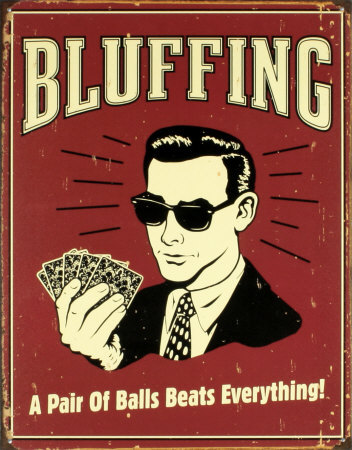Daniel Negreanu’s Golden Poker Rules
If you follow professional poker, you have undoubtedly heard the name of Daniel Negreanu, the world-famous poker player who has seen some of the greatest poker tournament victories in history.
Negreanu has developed his skill over a number of years, and while it’ll take the average person plenty of time at the table to start reaching his level, it’s never too late to start. For those that want a more in-depth view of Negreanu’s play style and how he does so well at the table, but without having to constantly practice at their favourite online betting NZ games, these are the top 7 golden rules from the legend himself.
- Don’t Show If You Don’t Have To
Negreanu points out that there’s no reason to ever show to your opponents, whether you were bluffing or not. Other players, especially at higher levels, will be quick to pick up on your body language, usually when you’re making bets or your tells when you’re bluffing. It’s difficult to master, but keeping a straight face throughout is absolutely key.
- Reading People Is About Small Things
This is one that takes a lot of time to master, but the more time you spend learning to read people, the more equipped you’ll be to play against them. Small things, such as body language, behaviour, and nervous habits that weren’t present before are all worth keeping an eye on.
- Don’t Bluff
Negreanu maintains that keeping bluffing to an absolute minimum is good way to gain the edge on those you’re playing against.

- Don’t Loosen Up Early
Beginner players tend to make the mistake that when the buy-in is cheap they’ll be faced with a lot of flops, but that’s considered bad poker. Negreanu suggests loosening up rather when there are antes, which means that there’s a lot more than can be won if there is a flop.
- Get Credit For Playing Tight
Negreanu suggests that if you haven’t played your hand in a while, it’s important to make sure that the other players are aware of this as much as possible, as it can send a lot of credit your day. If players are in the dark to when you last played your hand, there’s no way for you to benefit from it.
- Have a Purpose
It’s important not to get lose in the idea of why you want to play poker on a professional reason. There must be more reason to it. Playing for money isn’t enough, according to Negreanu, who believes that there needs to be person and important reason for the player to be competing in the game.
- Failure
There’s truth to the notion that failure helps to teach us important lessons, and the same can be extended to poker. There will always be games that didn’t play out as well as you hoped, but the only way to get better is to understand why you failed in the first place and try improve so that it doesn’t happen again.
